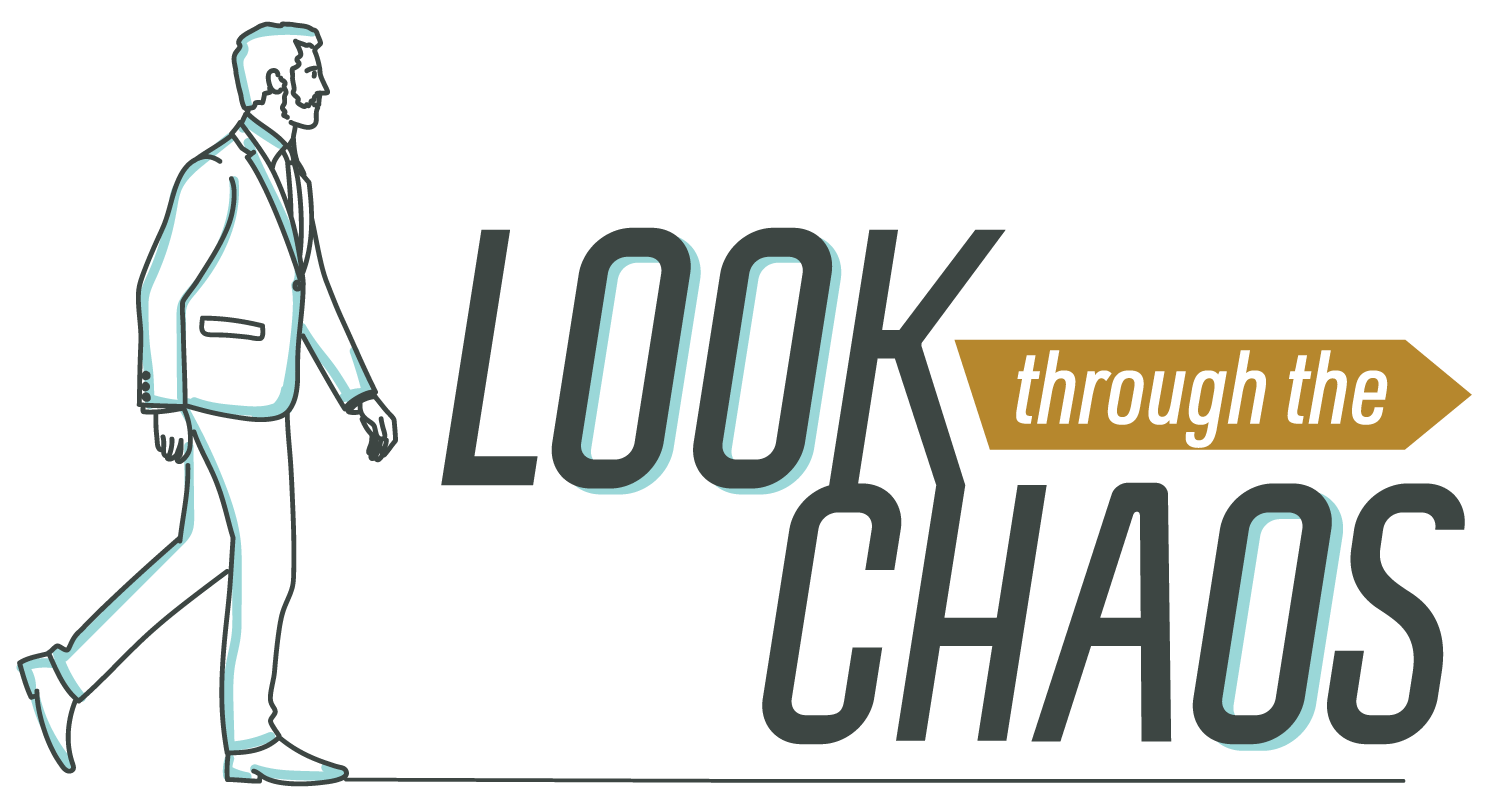Crosscurrents
He roller coaster
He got early warnin’
He got muddy water
He one mojo filter
He say one and one and one is three
Got to be good lookin’
Cause he’s so hard to see
Come together, right now, over me.
Come Together – The Beatles
…..
Since at least 2006, there has been little of import in Congress upon which Republicans and Democrats have agreed. These divisions were one of the many reasons I chose to leave Congress. That was 2014. The divisions have only gotten worse.
This is not sustainable. It is one of the conditions leading us into “chaos” as these divisions deepen and then resolve. Major legislation that is passed on a completely partisan basis is likely to be reversed when the partisan control changes. In 2010, Obama signed completely partisan legislation creating what we all know as ObamaCare. Several court decisions have changed this law. But for the one vote of Senator John McCain, the entire thing would have been repealed. Republicans passed the Tax Cuts and Jobs Act in 2017 on a partisan vote. Democrats have not been able to repeal it yet because of the reluctance of Senator Joe Manchin, but most of the tax cuts will expire by law in 2025. Those tax cuts had to be temporary without bipartisan support.
If you want to do big things and you want them to last, getting bipartisan support is the best way. But the parties are so far apart on everything right now that it seems that one side will have to win, and the other side lose and remake itself, before any bipartisanship can return.
Then came the war in Ukraine.
It has often been said that “partisanship should end at the water’s edge.” But that has not always been the case. America’s wars in the last 50 years have often had a partisan tinge to them even as far back as the cold war against the USSR.
Could the war in Ukraine be something that brings the parties together, albeit for different reasons? The votes so far for cutting off Russian oil and sending military aid and so forth have been overwhelmingly bipartisan. The “no” votes have been cast largely by “water’s edge” Republicans who oppose U.S. involvement in any overseas conflicts. Many Democrats are horrified by the humanitarian devastation and have long thought that Russia “meddled in our elections” and thereby is a threat to “our democracy.” Republicans don’t like authoritarian dictators with conquering ambitions, particularly if that dictator is a Communist and former KGB Colonel.
Different reasons. Same vote. Help Ukraine and stop Putin.
So, could these new crosscurrents change the partisanship in Washington? It depends on where this all goes. If the war drags on for months and Rs and Ds find more and more things upon which they agree relative to this matter, maybe it lasts. Once you work with somebody to accomplish something, it is hard to hate them on the next issue. That’s just human nature.
But the war has sharpened swords on some other issues. Rs and Ds a are leagues apart on climate change and the war does not seem to have softened that. Both sides want less dependence on Russian energy but the climate change believers think that means more wind and solar and the climate change skeptics believe it demonstrates the failure of reliance on wind and solar. The war is unlikely to change views on Critical Race Theory or the teaching of gender fluidity to 5 year olds or how our southern border should be controlled.
Let us not for now depressingly project too far ahead. At the moment, for the first time in years, both Republicans and Democrats are largely united to oppose a common enemy. The Congress is actually leading the president rather than the other way around. We have all experienced difficulties out of which some good came in our lives.
Maybe this is one of those.
I remain respectfully,
Congressman John Campbell
Drive fast and live free
